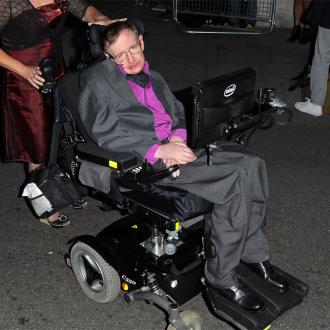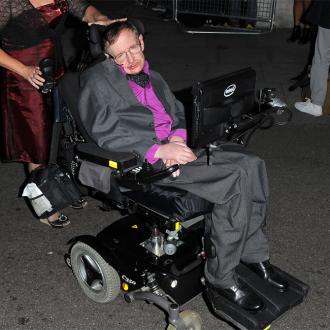Are Google and Stephen Hawking Going to 'Solve' Death? Oh Dear
By Jack de Aguilar in Lifestyle / Showbiz on 23 September 2013
Between Google and Hawking, death might not be a thing anymore, not as we know it anyway
The one true bastion of sanctity – in that humans have no knowledge of what happens after death occurs – is being challenged by Google, and even if they fail in their goal to solve the age-old problem of death, Stephen Hawking reckons we’ll be able to live on as brains anyway.
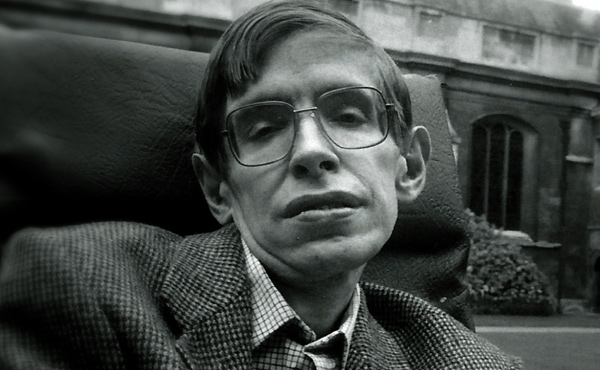 Stephen Hawking's life is set to unfold in the documentary, out this month
Stephen Hawking's life is set to unfold in the documentary, out this month
As you’ll see on newspapers stands all over the country, Time Magazine lead with a story on Google and how they’ve invested in a new company that aims to extend our lifespan and solve diseases attached to aging. “Can Google Solve Death?” they boldly pose on the latest cover.
CEO Larry Page told Time: “In some industries it takes 10 or 20 years to go from an idea to something being real. Health care is certainly one of those areas. We should shoot for the things that are really, really important, so 10 or 20 years from now we have those things done.” Details of the company, called Calico, were scarce. (MIT Tech review)
But even if Google can’t permeate every aspect of human life and extend our lifespans - beyond the fairly impressive 78.62 and 80.29 of the U.S and U.K respectively – then Stephen Hawking thinks all is not lost. Speaking at the premiere of the film based on his life, Hawking, the seminal scientist said: “I think the brain is like a programme in the mind, which is like a computer, so it's theoretically possible to copy the brain on to a computer and so provide a form of life after death.” (The Guardian)
So it looks as though the popular vision of a futuristic world shared by many authors and auteurs – the brain in a jar – could become reality, but not in our lifetimes, so don’t worry. He continued, “This is way beyond out present capabilities. I think the conventional afterlife is a fairy tale for people afraid of the dark."
Contactmusic
Movies and Trailers
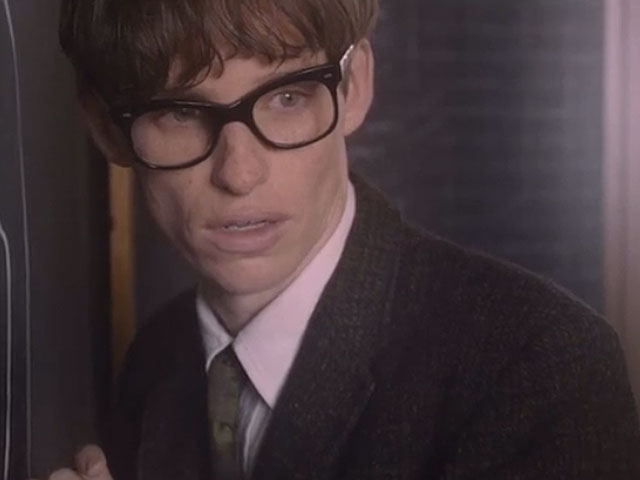
The Theory Of Everything Trailer
Coming from a privileged upbringing, cosmologist and theoretical physicist Stephen Hawking naturally had a first-rate...

Hawking Movie Review
Stephen Hawking proves to be an entertaining storyteller in this autobiographical documentary in which, with...
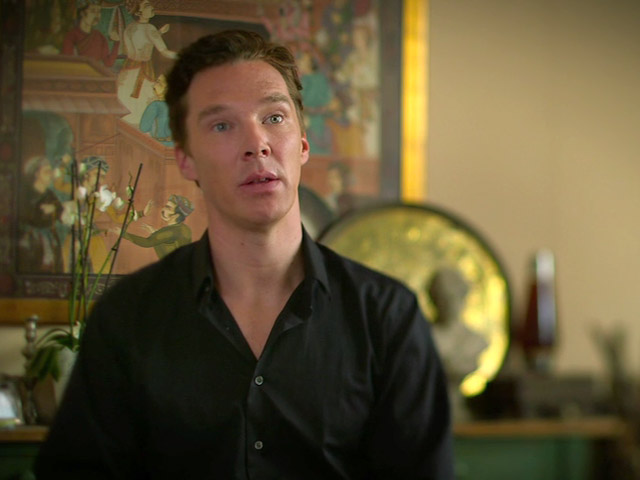
Hawking Trailer
Stephen Hawking is without doubt the most famous living scientist on the planet having risen...


